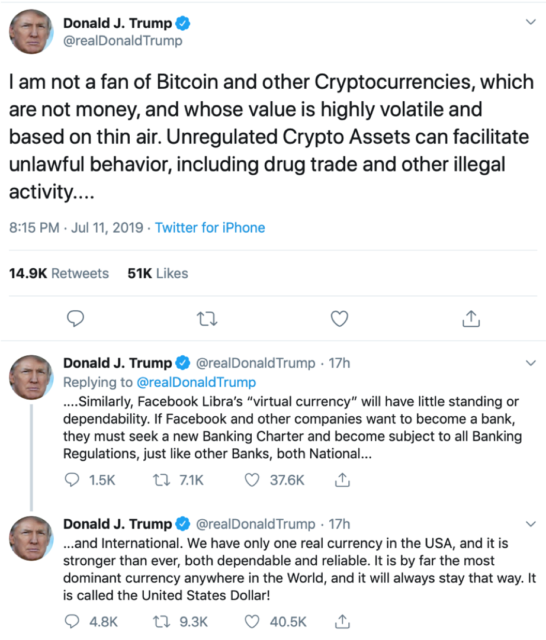Paul Rose is the Robert J. Watkins/Procter & Gamble Professor of Law and Christopher J. Walker is the John W. Bricker Professor of Law at The Ohio State University Moritz College of Law. This post builds on their recent report (discussed on the Forum here).
Within hours of taking office, President Biden moved aggressively to begin to dismantle much of the Trump administration’s regulatory legacy—issuing a series of executive orders that either changed regulatory policy directly or directed federal agencies to do so. Indeed, the Biden administration’s work to reform the regulatory state started weeks before inauguration, with its concerted efforts to nominate and appoint leaders to run the federal agencies that would implement its regulatory agenda. Competent and loyal agency leadership, coupled with tailored presidential directives, will go a long way toward reshaping the regulatory state to better conform to the Biden administration’s vision.
But it won’t be enough. Much of the Trump administration’s regulatory legacy has been codified in regulation, including an aggressive issuance of “midnight rules” promulgated in the final months of the Trump presidency. As Dick Pierce explains, there are three main ways to reverse a prior administration’s rule. First, the agency could engage in a new notice-and-comment rulemaking to rescind (and perhaps replace) the rule. That approach requires substantial agency resources and could take months if not years to finalize. Second, the agency could just refuse to defend the rule in litigation, letting courts vacate and set it aside. This is Professor Pierce’s preferred approach. But it, too, has limitations. Especially in the financial regulation space, those who supported the rule would no doubt try to intervene to defend it. And, unless there is no reasonable ground to defend the rule, there are deeper rule-of-law questions implicated by the government’s failure to defend a rule—questions that far exceed the ambitions of this post. Third, Congress and the president could utilize the Congressional Review Act (CRA) to repeal the rule.
